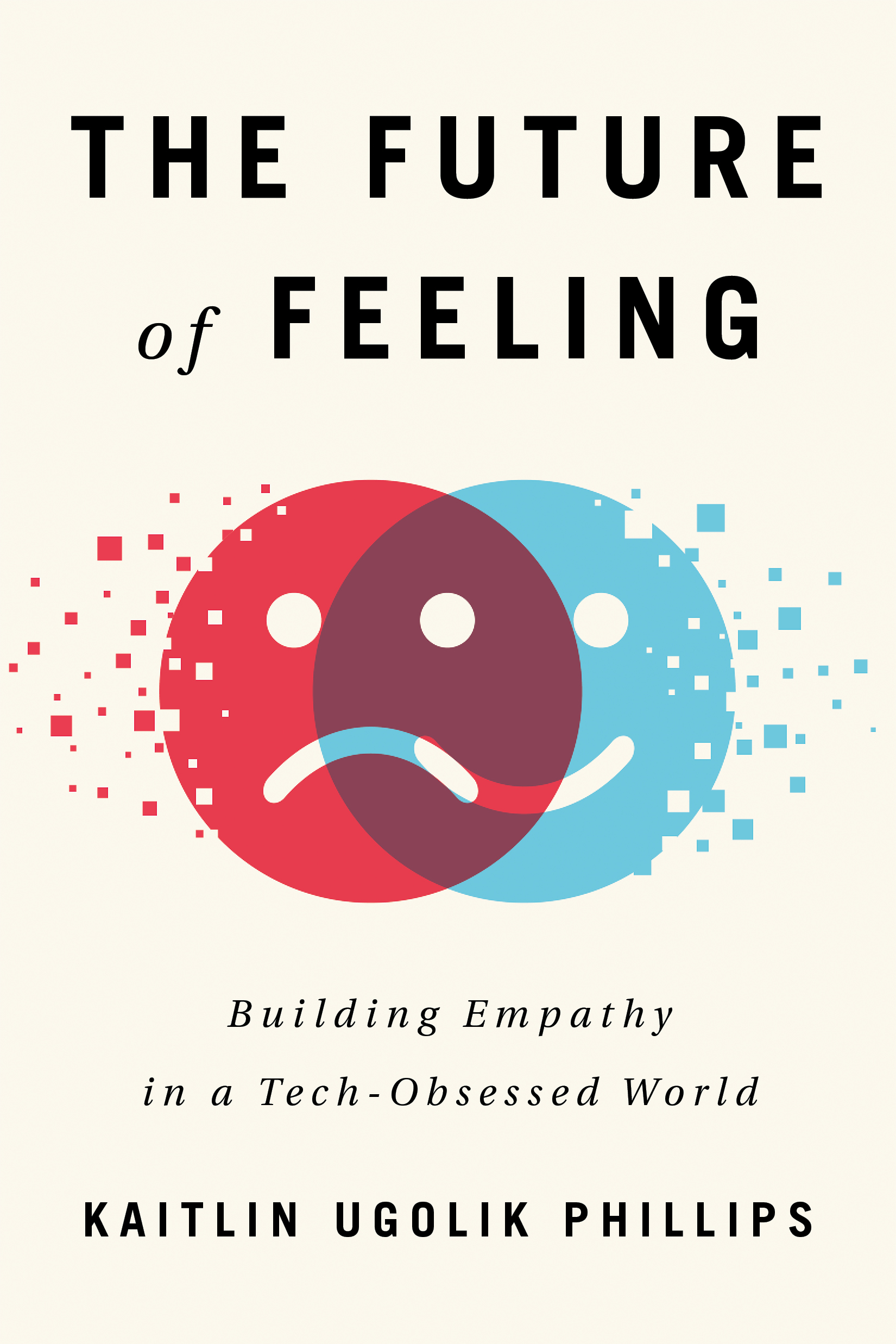The experiences we have with doctors and nurses, the people we trust to care for us, can leave a lasting impact, for better or worse. I still remember being seven or eight years old and visiting a doctor who promised me — literally said the word “promise” — that he would not perform a swab on my sore throat, then proceeded to dive right in there and do it anyway when I unsuspectingly opened my mouth to say “ahhh.” This experience is nothing compared to the trauma that some people experience in medical settings.
Sometimes it’s because a doctor is impatient, unsympathetic, or biased. Research shows that overweight women and women of color receive some of the worst health care in general, as too many doctors insist that any malady must be related to their weight or believe that nonwhite patients require less pain relief. Other times the trauma seems inevitable, no matter how caring the clinician — as with a painful injury, an invasive surgery, or a complicated birth.
Taking care of human beings is a stressful job, especially with long hours and high-stakes settings. I’ve felt empathy myself for doctors who had to “deal with” my comparatively minor issues, and I can only imagine how frustrating it is to see the same patients with the same problems over and over, no matter what interventions are tried. As with other high-stress careers, those who work in medicine are highly susceptible to burnout, becoming so overwhelmed (and sometimes physically ill) that they can’t do their jobs, or, perhaps worse, that they do them incorrectly. To avoid this, many medical professionals learn to block out the most difficult and traumatizing parts of their work.
“After a while, you don’t hear the children crying very much,” one pediatrician told me. Another doctor — a family physician — told me he and his colleagues sometimes gossip and joke about their patients behind closed doors during long overnight shifts. “You have to blow off steam,” he said.
If the threat of burnout is ever-present, the goal — in addition to doing no harm — becomes maintaining the proper level of compassion when face to face with a patient. In the world of medicine, this can be easier said than done. A 2011 review of existing research on self-reported empathy among medical students and residents found that empathy levels declined during medical school and residency. Even students who described themselves as empathetic and enthusiastic about helping patients at the beginning of medical school often ended up feeling much more jaded and burnt out by the time they finished their residencies. This decline matters because positive patient-physician communication, in which empathy and compassion are clear, has been found to actually positively impact patients’ health. Research has shown correlations between doctor-patient empathy and better outcomes in quality of life, depression, anxiety, and even blood pressure and blood glucose levels. The authors of the 2011 review, which included eighteen studies published between 1990 and 2010, analyzed the reasons that students and residents felt their own empathy recede over the years. Each study they reviewed measured things slightly differently, so there was no clear answer, but here were some suggestions: increased distress (burnout, reduced quality of life, depression) in med school; mistreatment by superiors or mentors; clinical reality (it’s not all about saving lives, unfortunately); social-support problems; inadequate role models; and in one case, that “the possibility of belonging to an elite and privileged group may induce a rational distancing from the patient.”
One of the studies analyzed in the review, published in 2009, was titled “The Devil Is in the Third Year.” It surveyed 456 students at Jefferson Medical College (now called Sidney Kimmel Medical College) in New Jersey, five different times — when they entered medical school for the first time and when they left each year. The results showed that empathy scores didn’t change much during the first two years, but at the end of the third year, they declined significantly, and empathy remained at that low level through graduation. In the abstract, the authors pointed out the irony that “the erosion of empathy occurs during a time when the curriculum is shifting toward patient-care activities; this is when empathy is most essential.”
And yet, many patients find it lacking. One recent George Washington University analysis of audio-recorded meetings between doctors and the families of their young patients found that the doctors “missed the opportunity” to address the families’ emotions 26 percent of the time. This wasn’t just unkind — those who felt their emotions were not understood also received less information. In 2018, researchers from a handful of European universities came together for an observational study of 945 patients and 51 radiologists, surgeons, and clinical physicians. They had the doctors complete surveys about their own levels of empathy, and patients graded them separately. The results did not match up.
I wasn’t surprised when I learned this. I’d experienced the disconnect myself more than my fair share of times.

Excerpted from The Future of Feeling: Building Empathy in a Tech-Obsessed World. © 2020 Published by Little A, February 1, 2020. All Rights Reserved.
Follow us here and subscribe here for all the latest news on how you can keep Thriving.
Stay up to date or catch-up on all our podcasts with Arianna Huffington here.


